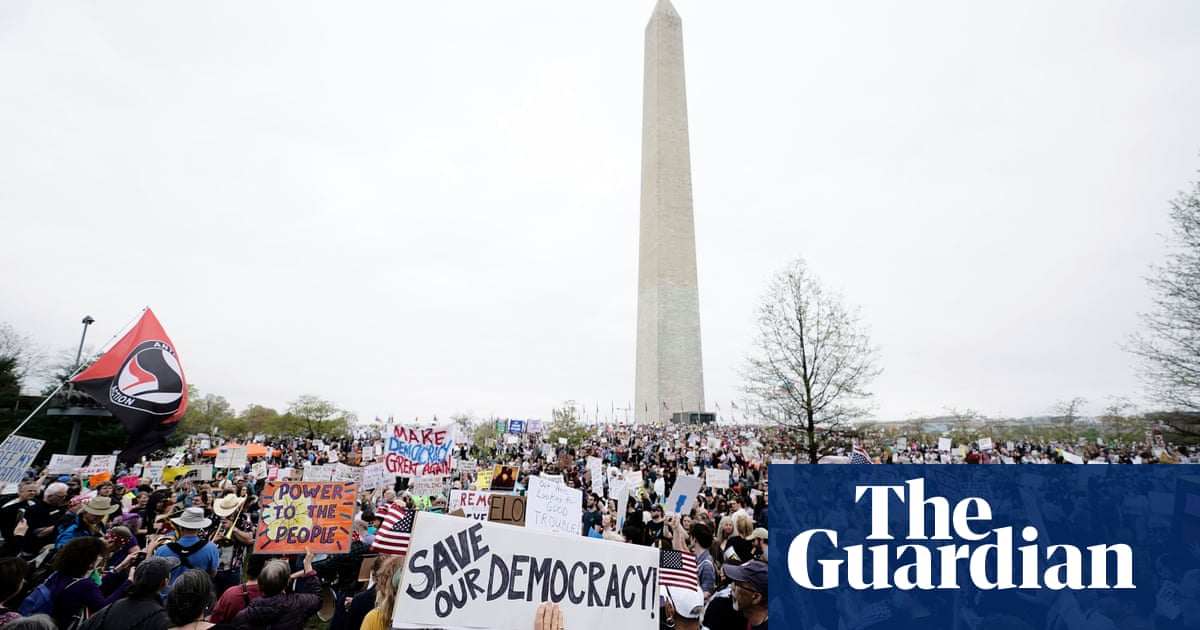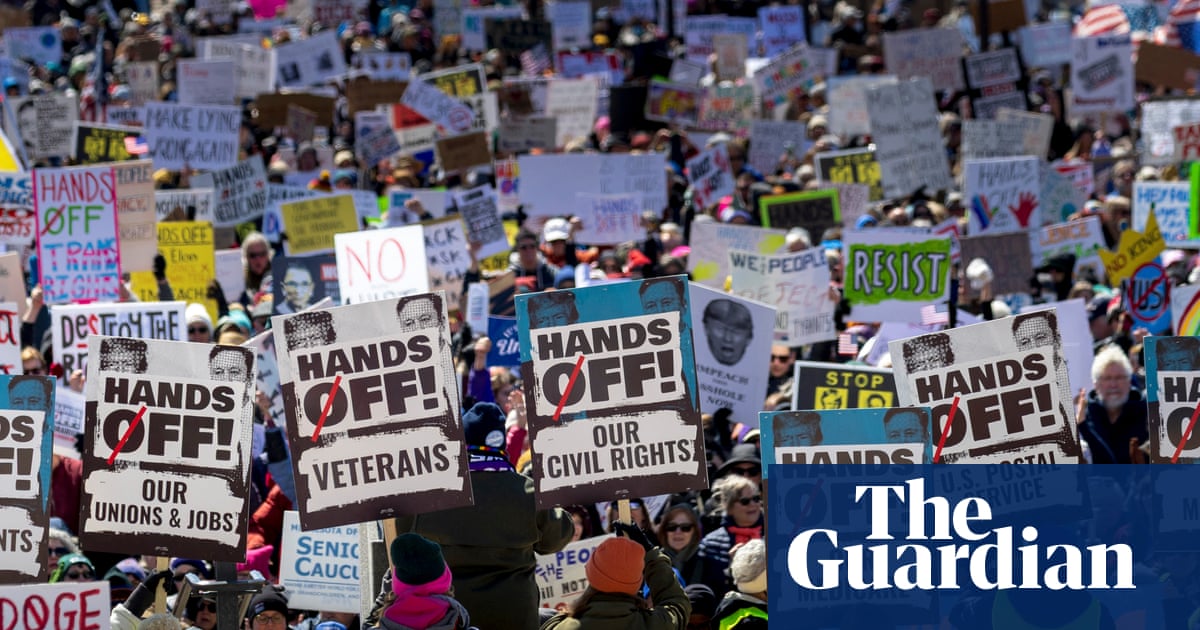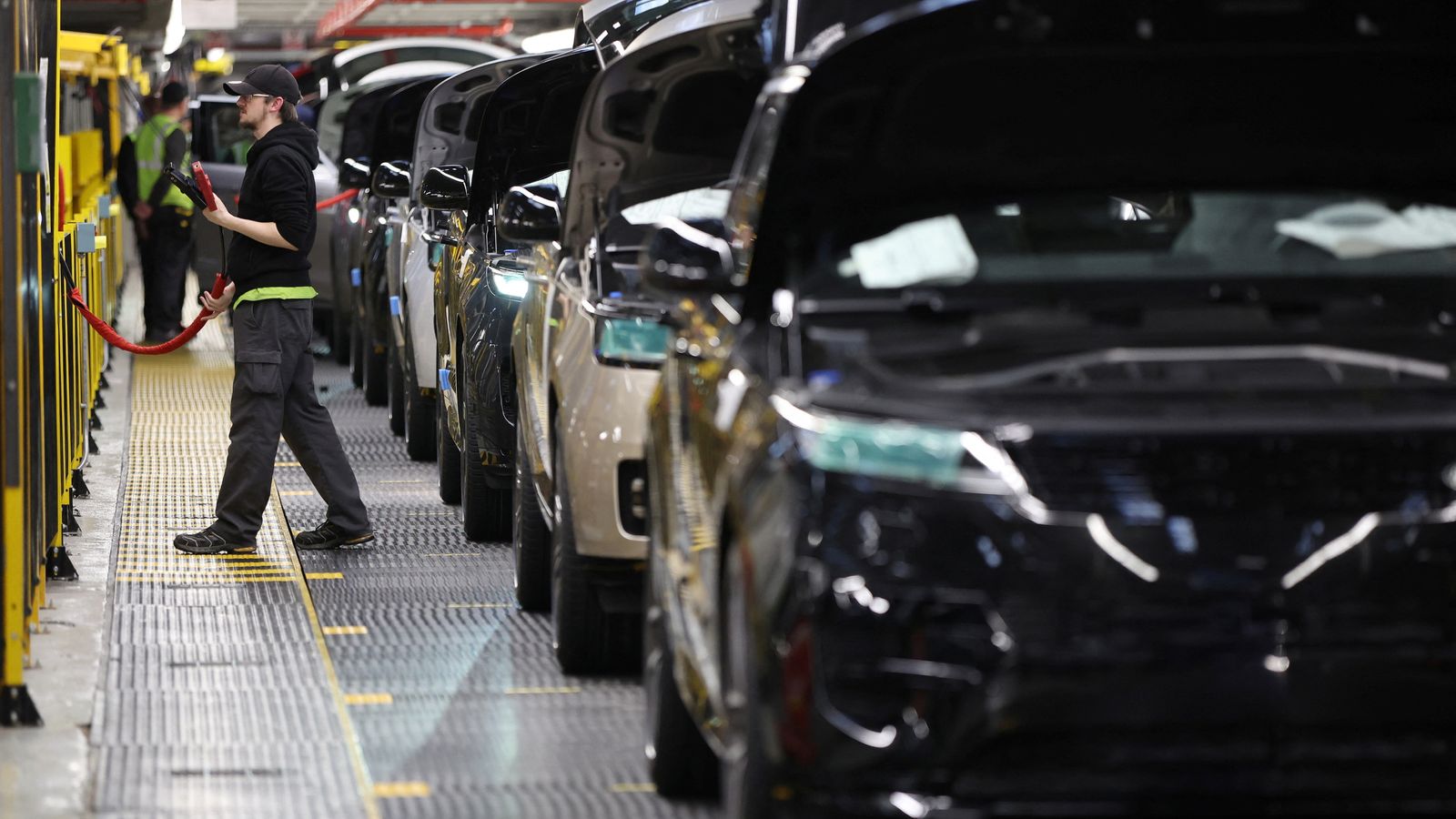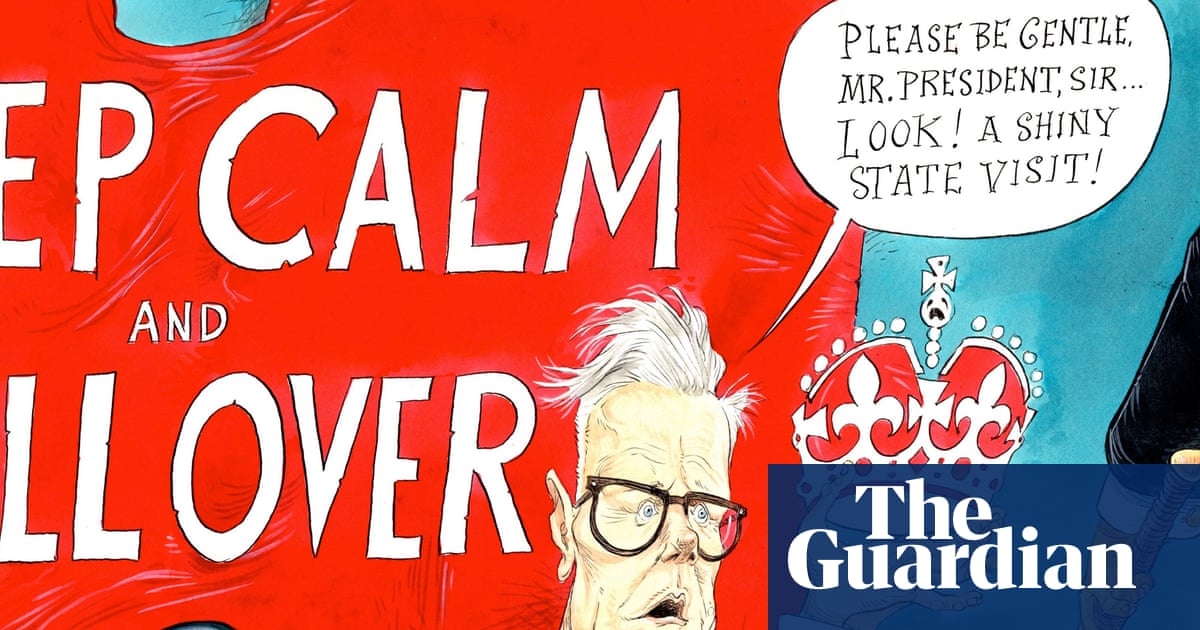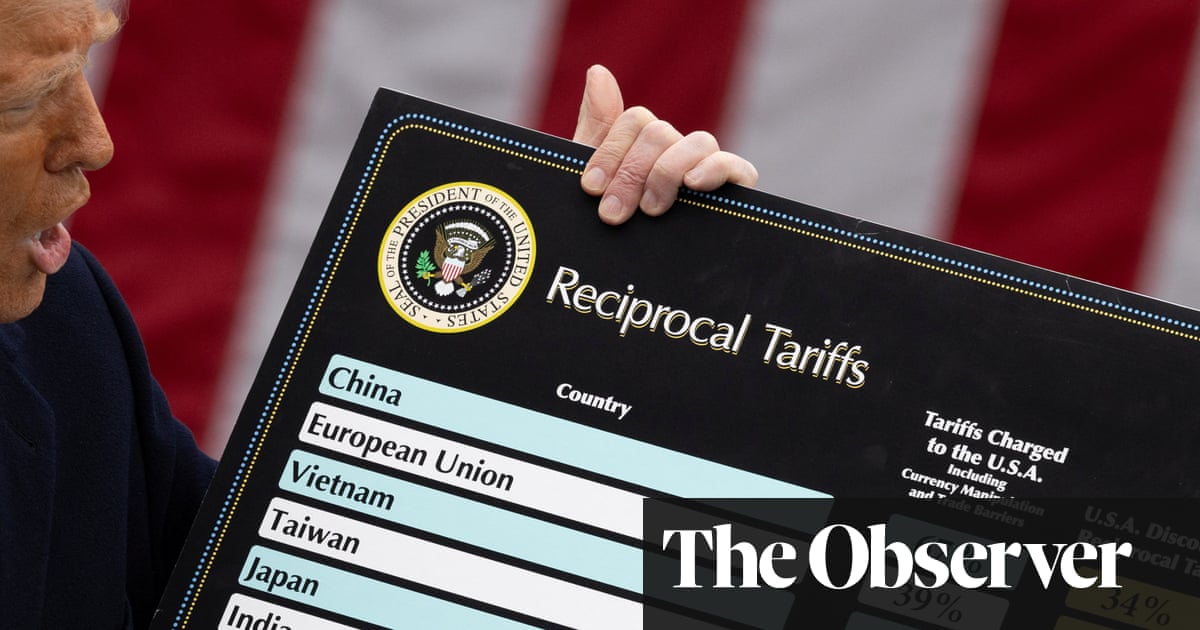
The Latest: Trump’s tariffs unleash trade war and calls for negotiations
U.S. President Donald Trump’s big raise in tariffs has triggered an escalating trade war and sent global markets plummeting.
The S&P 500 fell 6% Friday, the Dow Jones Industrial Average plunged 5.5% and the Nasdaq composite dropped 5.8%.
China announced Friday that it will impose a 34% tax on all U.S. imports next week, part of a flurry of retaliatory measures to Trump’s new tariffs.
Trump has doubled down on his commitment to tariffs, maintaining that his new levies will bring trillions of dollars of investment to the U.S. while also criticizing other countries’ retaliatory measures.
Here’s the latest:
Italian Economy Minister Giancarlo Giorgetti warned that imposing retaliatory tariffs on the United States would be damaging for both Italy and Europe.
Speaking at a business forum in Cernobbio, near Milan, Giorgetti said Saturday that Italy is working for a “de-escalation” with the U.S. following Trump’s announcement of a general tariff of 20% on European Union countries.
“We should avoid launching a policy of counter-tariffs that could be damaging for everyone and especially for us,” Giorgetti said. “Our message is that we need to avoid pushing the panic button. … We are following a pragmatic and rational approach.”
Giorgetti proposed the EU allow member states to raise spending by relaxing the bloc’s fiscal rules.
Italy has a very limited budget leeway, as the government forecast its giant debt rising through 2026 to almost 138% of GDP.
“The Italian public debt means reduced budget room for our country, a constraint that must be taken into account in any decisions we make,” Giorgetti said, also referring to EU plans to increase defense spending.
Taiwan’s says it will provide a $2.65 billion fund to aid industries most affected by U.S. tariffs.
Taiwan has a trade surplus with the U.S., but much of it comes from Taiwanese industries trying to fulfill the U.S. demand for Taiwan’s information technology products. Officials say Taiwan plans to negotiate with the U.S. on how the new tariff rate of 32% was determined and try to get a better deal.
Premier Cho Jung-tai has been charged with working closely with industries that are impacted and to communicate the public about their plans to stabilize the economy. Cho said Friday that electronics and information technology, steel and metal, machinery, auto parts, construction materials and home appliances will feel “significant impacts.”
In the agricultural field, moth orchids, edamame and such fish as tilapia, common dolphinfish and bass will be hit the hardest, he said.



